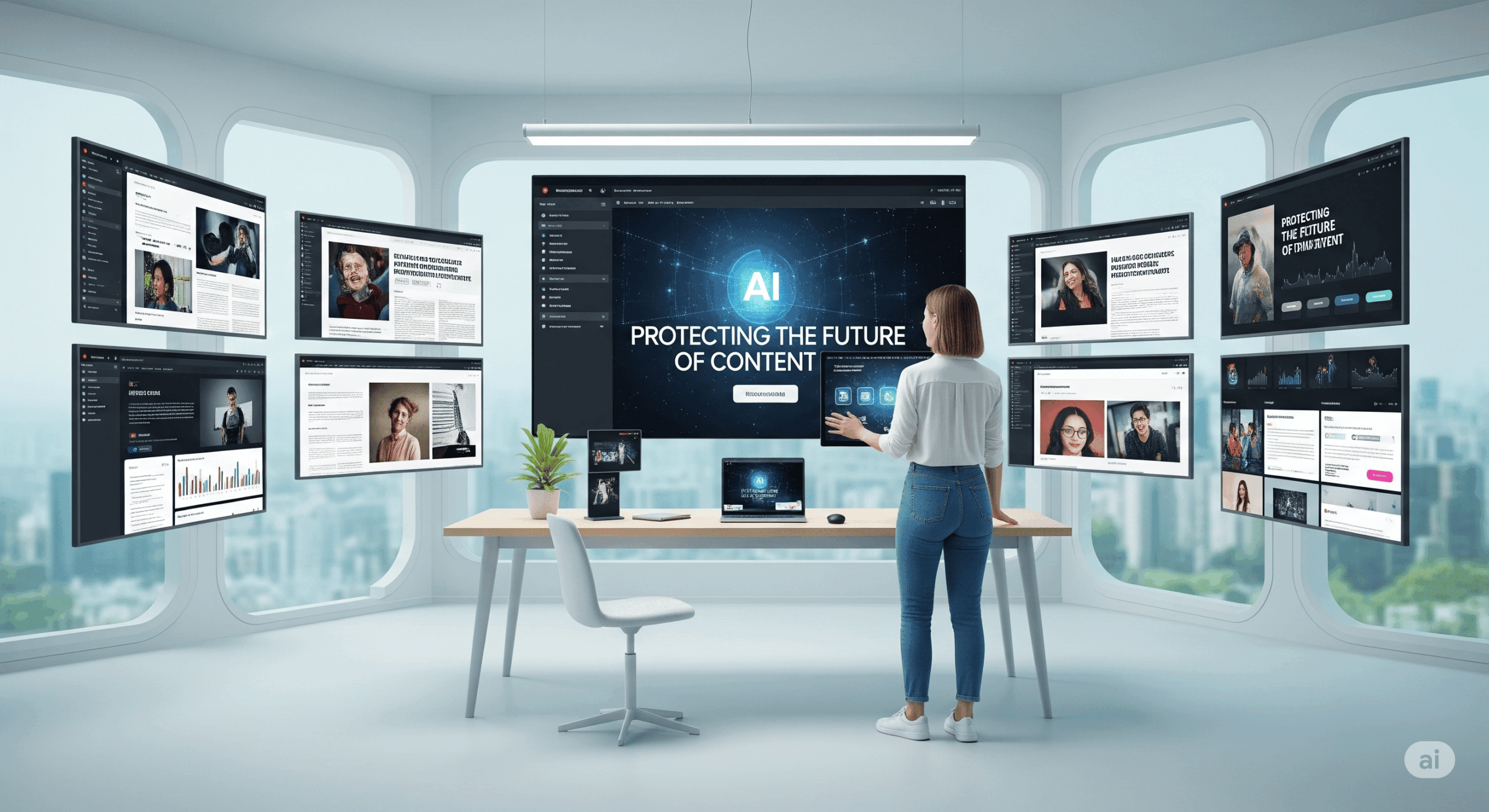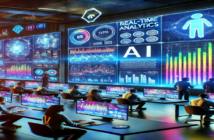MIPBlog: Why did you agree to speak at MIPCube ?
Vincent Morisset: I feel a responsibility to share my experience. There aren’t many in my situation, so we often work in trial and error. It’s important to embrace true media for what it is, and not try to impose old methods on it. I’m not a super slick presenter: but everyone seems to like my more spontaneous approach. I am allergic to buzzwords, so I prefer to cut the crap. It’s funny to see each year what the new buzzword is. They are so often used in the wrong context, that they often lose their meaning. “Interactive”, for example, used to mean something. It’s weird to use it as a label. For instance, my « Blablabla » project I did with the NFB (National Film Board of Canada): I called it a film, as it captures how can we tell stories in a different way. Interactivity is a part, but notions of time – and many more besides – also make a difference.
> You refer to yourself as a « web-friendly director ». Why?
It was kind of a joke at first. It began with the (…interactive) Neon Bible video, for Arcade Fire. I put credits on the end, like a film; but at that time, the notion of director for a web projects raised eyebrows. For me, what I was doing was the same as what film director does. So at that time I suggested we used that term, so that people might accept the notion of signing a web project.
Now, the term is more accepted. There are not that many of us, but there are more and more, especially now the younger generation is raised with this sort of project. Before, it was digital on one side and traditional on the other: there weren’t a lot of hybrid people. Today, I admire the work of people like Chris Milk (who did the amazing « Rome » interactive video for Danger Mouse); or Unit 9, the London production company I am part of, represents around 10 directors with my profile. The NFB is also great at supporting this kind of work.
> So are you now getting more and more work offers?
Yes, but I get to touch lots of different projects, be they films or design/web projects. So I am busy, but what we can do is still something people are trying to figure out. So I have been working with the music industry, as it has been the first to recognise technology as a way to communicate. In TV and cinema, they are still not totally there. You feel a lot of traditional background behind a lot of what they do. They are still a bit behind in developing original content for computers. They will make a web component, but it always seems bolted-on.
> There’s a lot of interest in Transmedia right now. What do make of it?
I don’t really know what it means beyond multiplatform. I am more interested in the actual experience than the platforms the work will end up on. For me, if you have an interface, that is enough. But right now, people are too focused on that (multiplatform) aspect. It becomes a necessity, like before, when everything needed to be interactive. We need to understand (an idea’s) potential / panorama. We are starting to understand the grammar but we are always too obsessed with the ‘new thing’.
As a creator, I like to rediscover what we have learned, rather than race to be the first. Right now a lot of projects don’t deliver their promise. We should focus on the actual experience. We have made great progress, not just technology but in the grammar (of storytelling). Like in cinema, there are codes and ways to put together images; ways to generate moods or emotions. The computer has additional palette of possibilities that we are still discovering.
> Your MIPCube session is about how technology is enhancing storytelling. What’s your take?
The key is understanding both worlds. Today, there are a lot of talented directors that don’t understand technology. So they go in wanting to change the world, then hit the wall. Or the more tech-focused people lack the creative aspect. So you need to understand the mechanics of those two worlds: both the tech, and pushing it artistically.
> Like (District 9) director Neill Blomkamp?
Yes. He understood how we apprehend synthetic images, so his filming District 9 like a documentary made it look much more real than something like Transformers. He worked the cinematography really well, bridging tech and cinema in a really interesting way. What I try to do is make people forget they are in front of a computer, for example by f*cking up the image, or by avoiding using onscreen menus: that way people get involved with their emotions, rather than with their analytic brain.
Be sure to check out Morisset’s incredible work here: www.vincentmorisset.com
Morisset speaks at March 31’s « What web culture & tech can do for storytelling » session, from 16.15. Don’t miss it!





2 commentaires
Pingback: Lady Luck Productions » Interview: Vincent Morisset: On being a “web-friendly director …
Pingback: Liveblog: Vincent Morisset, Richard Welsh & the New Storytelling | MIPBlog